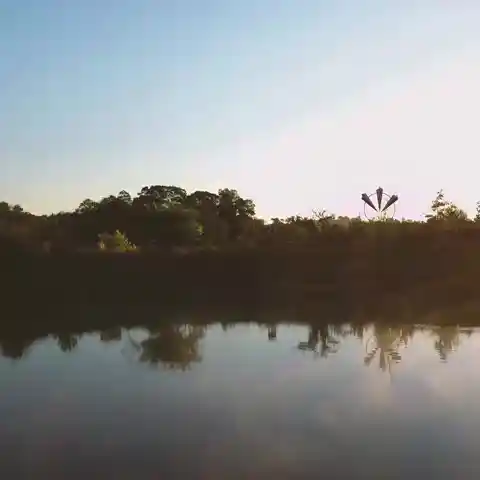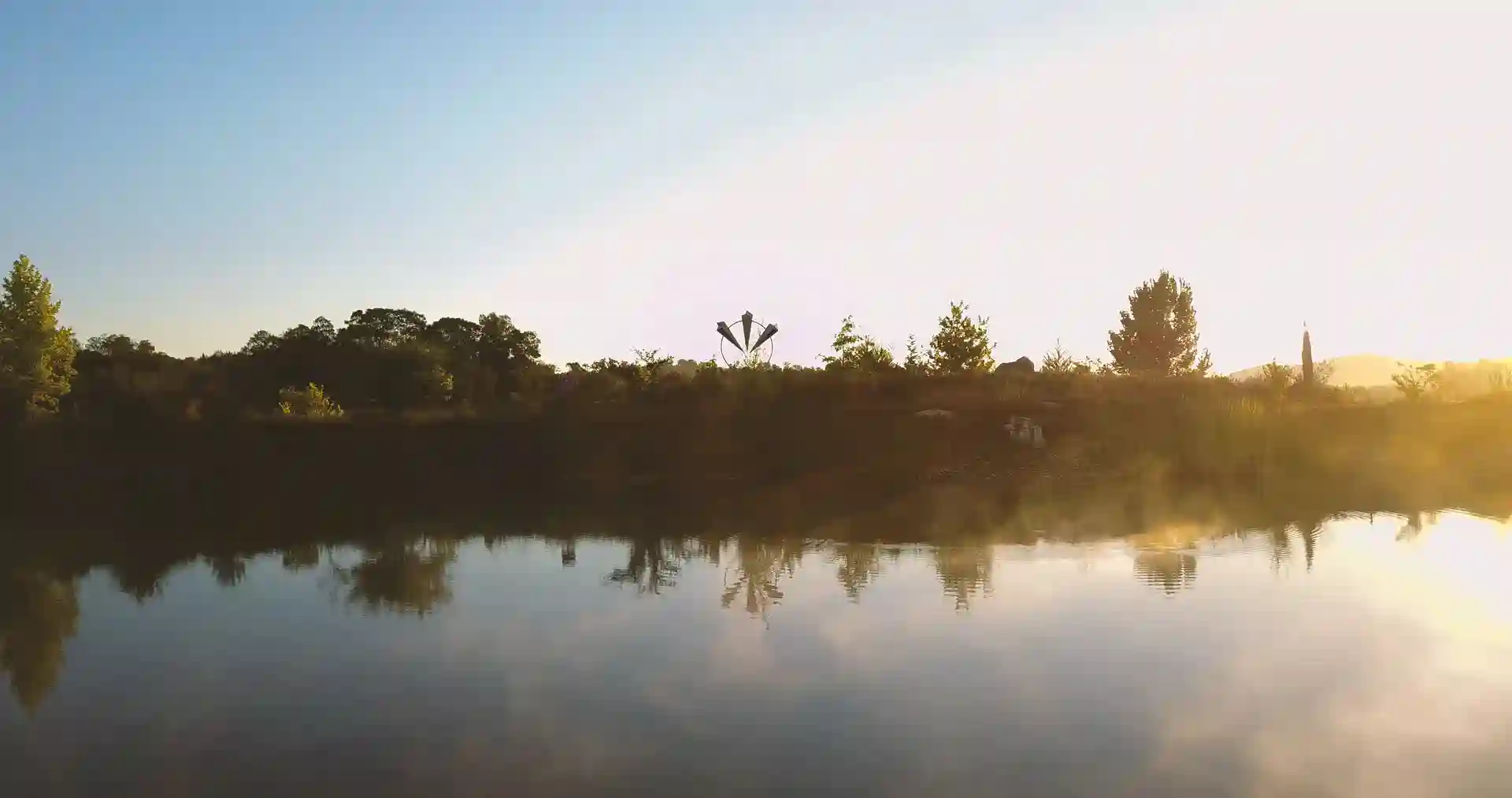How We’re Funded
With our 3 legal bodies, we have an annual turnover of around 1.2 million euros. Yet much of our community economy takes place within a trust-based gift system outside the monetary system. If we calculated all these interactions within our community monetarily, our annual turnover would be at least 3 times higher.
Our Income and Expenses
The average annual turnover shown here doesn’t include any investments. This amount increases significantly when we implement larger projects, such as the Water Retention Landscape.
The income chart below shows the average annual figures in years prior to 2020. With the Covid-19 crisis, we experienced a significant financial shortfall as we couldn’t host visitors and students.


For a deeper insight into our expenses, let’s break down the 3 biggest figures in the chart above:
- Payroll expenses
We cover the living costs of our members to the best of our abilities. About 160 adults have centered their lives and work in Tamera, and about 40 children and youth are growing up here. We strive for living in an “economy of needs” where everyone can turn to the community for assistance when necessary. We also employ specialists in different departments, such as in the administration of our legal entities and teachers for our children.
- Maintenance for our land & buildings
Maintaining our 330 acre site, which permanently hosts about 200 residents, and an average of 2000–3000 guests per year (prior to 2020), is a costly undertaking. Our buildings, infrastructure and landscape need tending all year round, also when we don’t receive guests. Costs include: maintaining our roads (inside Tamera and access roads from nearby villages), buying regional firewood, and maintaining about 10,000 m2 of communal facilities and housing. Learn more about our facilities.
- Room & board
We aren’t self-sufficient in the food we consume, and we currently don’t intend to be. While we’re working to increase the percentage of food grown on our land, we’re mainly buying from a network of local, mostly organic producers. Being a large community and hosting thousands guests per year, we have a significant economic impact on our region. And we’re happy that our consumer choices can support farmers in producing local crops. Learn more about our work towards regional food sovereignty.
Gift Economy Within the Community
Our revenue and expenditure comes almost entirely from our interaction with the region and the wider economic and financial cycles we are involved in. (To be able to present a comprehensive alternative to the existing capitalist system in the economic and financial areas, we’re preparing a model for regional autonomy in cooperation with our partners.)
Within Tamera, tasks and services are taken on by co-workers, volunteers and friends. We have developed an economic gift system based on the ethics of trust. Everyone voluntarily contributes their knowledge and commitment without monetizing its value. These tasks and services include:
- the volunteer work of co-workers and volunteers
- the services mutually shared by co-workers (e.g. child care, education, translation, health care, manual labor, administrative work, cooking, site maintenance and cleaning, etc.)
- the financial contributions that co-workers make to the community (for example for network travel).
The prerequisite for such a gift system to work is a high level of trust among one another and we continuously foster it through community building. This is how the co-workers themselves are the greatest idealistic and financial supporters of each other and help to significantly reduce operating costs. In addition, there is a high degree of economic support among ourselves.
To continue and deepen our research, education and peacework, we rely on financial contributions. Support us with a one-time donation and/or by joining our Support Circle.

Be part of manifesting a global peace plan. With your donation, you can help us maintain and broaden our research, education and outreach programs.

